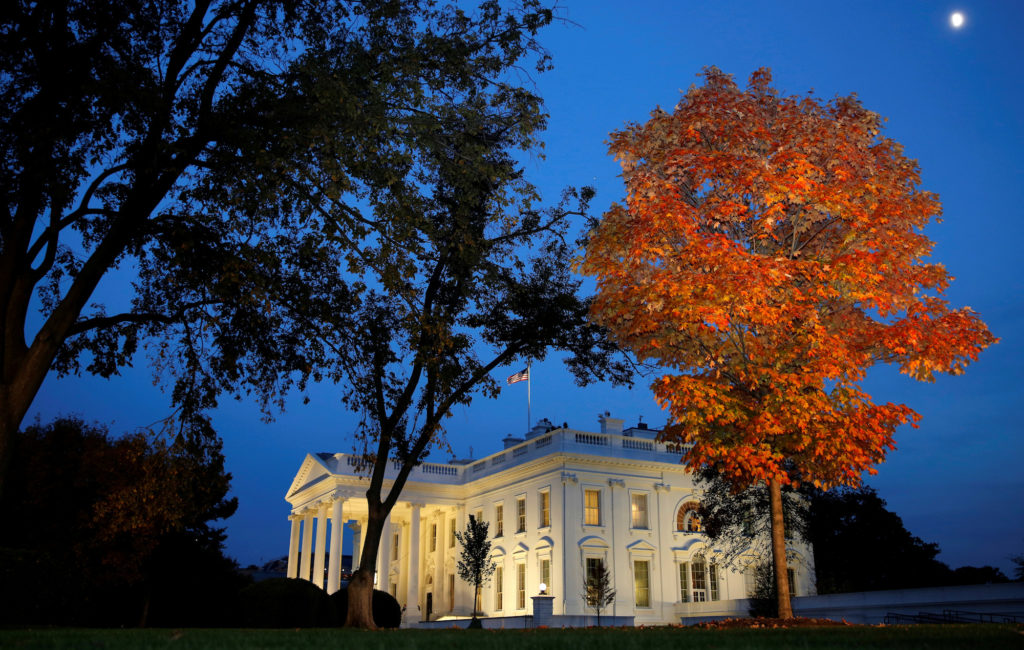Is expanding presidential power inherently bad for democracy?

Douglas Brinkley:
Combination.
I mean, I think it's important to think about when Abraham Lincoln suspended habeas corpus in 1861. He had a very good reason to, the Civil War. Then you have the emancipation of slaves under Lincoln.
And Theodore Roosevelt is really the beginning of this. It used to be called the executive mansion. He named it the White House. And from 1901 to 1909, T.R. used a lot of executive orders, some like going into Panama without Congress. He went to the Grand Canyon and said, save it. Congress didn't want it as a national park.
There was zinc, asbestos, and copper there, and so he declared it a national monument and as a way station on using executive power, until eventually Congress would take it as a national park.
Following T.R., you see Franklin D. Roosevelt using executive power all the time, sometimes in positive ways that look well in history, like when he save Jackson Hole, Wyoming, with a national — as a national monument in the middle of World War II, but then, alas, the Japanese internment camps, which was upheld by the courts, that he was allowed to do that kind of roundup of American citizens.
And just — it's an increasing of presidential power, to the degree now that presidents, so matter who they are, have a 40 or 50 percent approval rating, and Congress is often at 15, 20 percent approval rating. We are a country of presidential power.
ncG1vNJzZmivp6x7sa7SZ6arn1%2Bjsri%2Fx6isq2ejnby4e8isZJ6woJa7pbXNoGSpqpWotqWxza2gmqRdpby4sdFmoKeglaeyr8DLsmSbmZRis7C%2BjJ2cpqeTp66kxQ%3D%3D